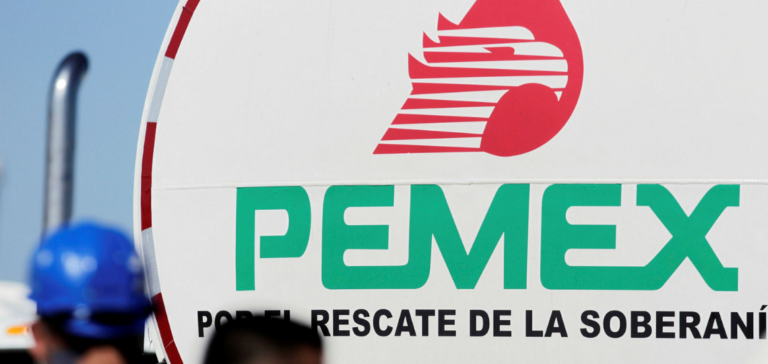Pemex, hopes to increase production from a deepwater offshore natural gas field in the Gulf of Mexico. This project was the subject of a contract signed between Pemex and New Fortress Energy.
A gas project
Pemex announced in a press release that it has signed a service contract with New Fortress Energy for the development of the large deepwater offshore Lakach natural gas field. The project development plan has been approved by the Mexican oil regulatory agency.
Gas production at Lakach will begin in early 2024. Initial investments of $1.4 billion by Pemex and $1.5 million by New Fortress Energy will be required to start operations.
Pemex will pump 300 million cubic feet (about 8,500,000 cubic meters) of gas per day over a 10-year period. The Lakach field could contain up to 937 billion cubic feet of gas reserves. The development of the project had previously been put on hold due to the high cost of pressure.
Energy self-sufficiency
During his term, Mexican President Andres Manuel Lopez Obrador has emphasized energy self-sufficiency. However, Mexico has been dependent for decades on imports to meet its gasoline and gas consumption. It imports mainly from American producers.
Pemex’s gas production project in the Lakach field responds to this concern for energy self-sufficiency. It will help to reduce import dependency.
In line with this strategy, Pemex states that it will study gas fields located on the outskirts of Lakach. It hopes to find possible synergies. It is therefore likely that new projects will see the light of day in the years to come.
In addition to gas projects, the Gulf of Mexico is also a hotbed of interest, whether for wind or CCS projects. The region will therefore have a major role to play in the years to come.





















